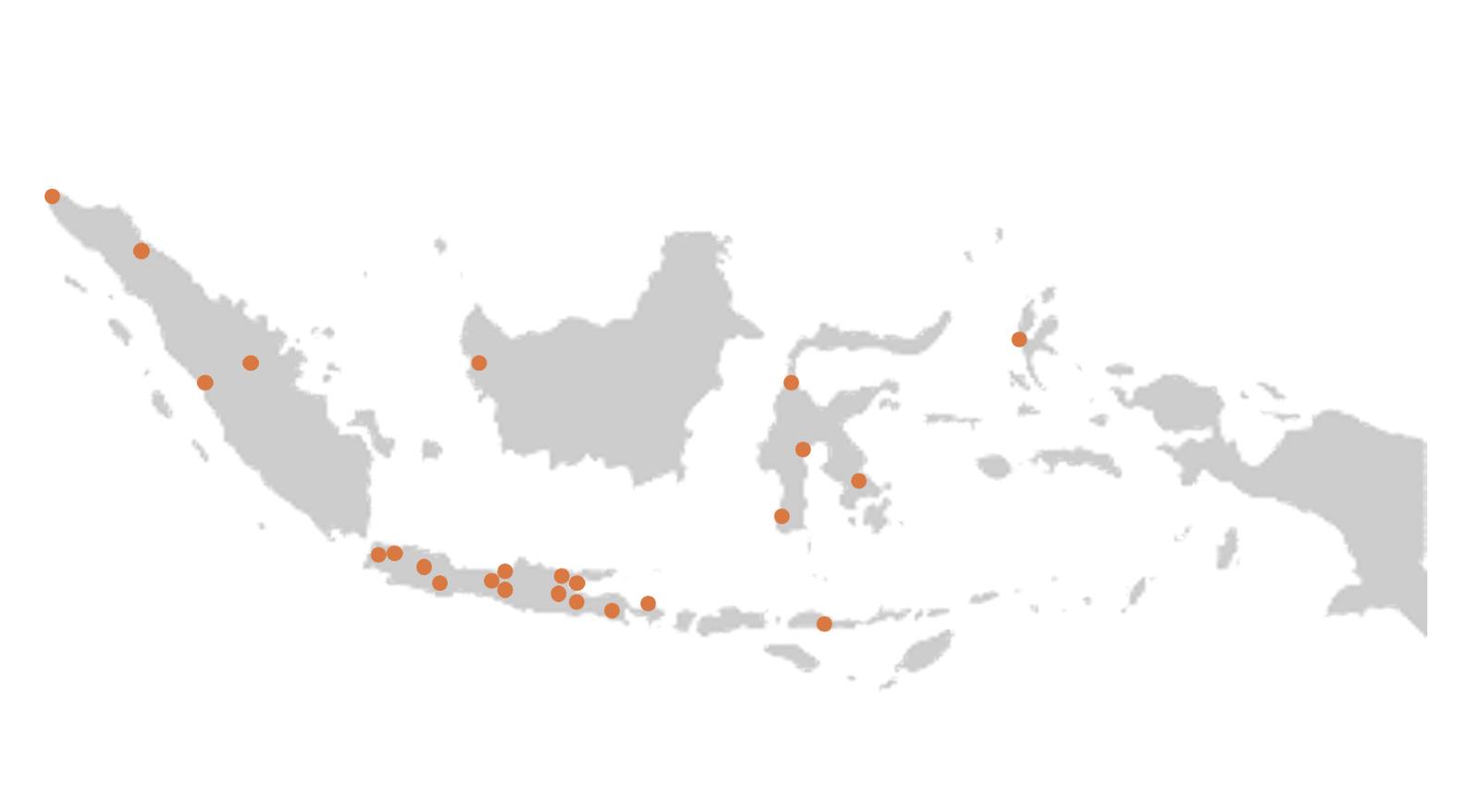I understand that what I am about to write does not apply to everyone. There are still collaborations and academic activities that are genuinely meaningful and purpose-driven. However, we cannot deny that most research collaborations and academic conferences in Indonesian higher education are, unfortunately, superficial, lacking depth, clear objectives, and sustainable outcomes.
The Superficial Nature of Research Collaborations
Let us begin with research collaborations, especially those involving foreign universities. Typically, the first thing Indonesian institutions seek from their international counterparts is an MoU (Memorandum of Understanding). The excitement grows if it can be formalized through ceremonial events, and even more so if it involves traveling abroad. Often, spouses accompany these trips, partially funded by the university, adding a layer of unnecessary expenditure under the guise of academic development.
Of course, there is nothing inherently wrong with an MoU. Indonesian regulations indeed require that any form of research collaboration be based on such an agreement. The problem lies in the fact that most foreign universities rarely consider an MoU a prerequisite for research collaboration. In many cases, collaborations proceed simply with mutual academic consent, officially recognized by the home institution through formal correspondence. An MoU is rarely the ultimate goal—it is merely a tool, not the destination.
Even when an MoU is insisted upon, the core issue is not the MoU itself. Rather, it is the lack of clarity from Indonesian academics about what they intend to collaborate on. Take research collaborations, for example. What is the research focus? What are the objectives? What is the roadmap? What activities will be conducted annually, and what outcomes are expected? These questions often remain unanswered. Despite this ambiguity, MoU signings are frequently pushed forward, driven more by administrative checklists and prestige rather than genuine academic intent.
Ideally, collaboration should be a mutual symbiosis, grounded in the awareness of our own shortcomings—knowing that these gaps can be addressed through partnership—and recognizing our strengths so we can offer value to others. A meaningful collaboration is not about formal agreements or photo opportunities; it’s about shared goals, complementary expertise, and the pursuit of knowledge that transcends borders.
To truly understand our own strengths and weaknesses, Indonesian universities seeking MoUs should already have well-defined programs. This involves a clear vision, strategic goals, and detailed action plans that outline what the institution hopes to achieve through the partnership. Unfortunately, such preparedness is still rare. Many institutions rush into collaborations without a solid foundation, resulting in partnerships that exist only on paper, with little to no real academic output.
The Marginalization of Scholars in Academic Conferences
Now, regarding academic conferences in Indonesian universities, we see a different kind of irony—how undervalued academics are in their own country. At best, they are treated as “second-class citizens” even in academic events, where they should be the main hosts and central figures. This marginalization not only diminishes the role of scholars but also undermines the very purpose of academic gatherings.
Why “second-class citizens”? Just look at conferences or seminars organized by Indonesian universities. It is almost guaranteed that the keynote speaker will be someone holding a political office. Regardless of their academic background—or lack thereof—as long as they are a minister, they are given the keynote slot. Their presentations are often repetitive, with slides prepared by staff, and their speeches merely echo what is written. These talks frequently lack depth, critical analysis, or fresh insights, reducing academic events to political showcases rather than platforms for intellectual exchange.
Meanwhile, real scholars are reduced to passive listeners or, at best, invited speakers relegated to parallel sessions with limited visibility. Even at university-level events, it is not uncommon for the rector to be the keynote speaker—an easy way to accumulate academic credit for promotion, leveraging their position of power rather than scholarly merit.
This culture reflects a deeper issue within Indonesian higher education: the conflation of authority with expertise. Academic merit should be the cornerstone of academic events, not administrative titles or political influence. Conferences should be spaces where ideas are challenged, knowledge is expanded, and scholars are celebrated for their contributions to their fields.
Toward a Culture of Genuine Academic Integrity
There is much that needs to be collectively addressed regarding the mindset, objectives, and self-respect within Indonesian higher education. The focus should shift from superficial formalities to substantive academic achievements. This means fostering an environment where research is driven by curiosity, collaboration is built on shared goals, and academic events are platforms for genuine intellectual engagement.
It is not an easy task. Changing deeply ingrained cultural norms and institutional practices requires time, effort, and a collective will to embrace reform. In fact, it might even seem impossible to change. But acknowledging these issues is the first step toward meaningful reform. By recognizing the flaws, we open the door to dialogue, reflection, and ultimately, transformation.
Indonesian higher education has immense potential. With its rich cultural heritage, diverse academic community, and growing global presence, it can become a beacon of knowledge and innovation. But to achieve this, we must move beyond the facade of progress and commit to genuine academic excellence. It is time to reclaim the true spirit of academia—one that values knowledge over titles, substance over form, and integrity over appearances.



